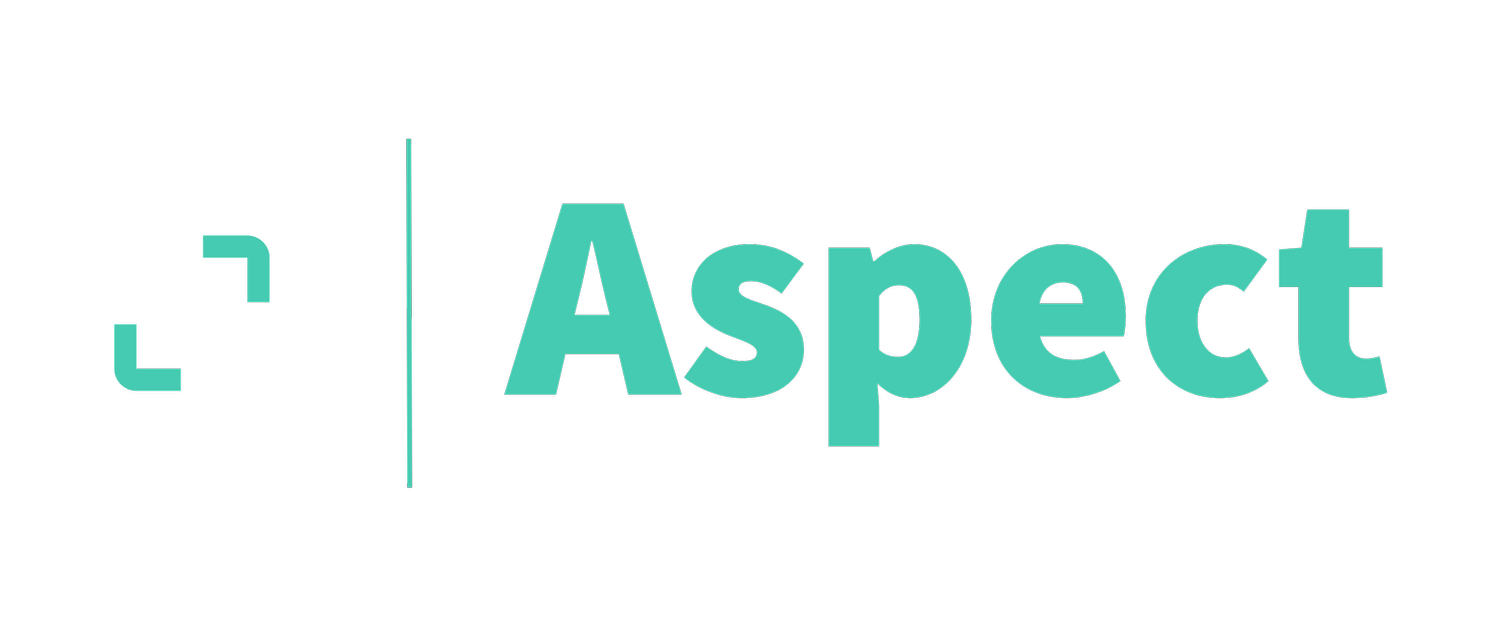The Future of Insurance in the Age of Artificial Intelligence
Artificial intelligence (AI) is transforming the insurance industry in significant ways. From improving customer experience to streamlining underwriting processes, AI has the potential to revolutionise the way insurance companies operate. This blog post will explore the future of insurance in the age of artificial intelligence and discuss the potential benefits and challenges of this technology.
One of the primary benefits of AI in the insurance industry is its ability to improve customer experience. Chatbots and virtual assistants can help customers with their insurance needs, answer questions, and provide personalised recommendations. AI can also be used to process claims more efficiently, reducing the time it takes for customers to receive their payouts.
AI can also improve underwriting processes by analysing vast amounts of data and identifying patterns and insights that humans may miss. This can lead to more accurate risk assessments and pricing, ultimately benefiting both the insurer and the customer.
While AI has the potential to transform the insurance industry, it also poses several challenges. One of the most significant challenges is the potential for bias in the algorithms. If the data used to train the AI is biased, the algorithms will also be biased, leading to unfair and discriminatory practices.
Another challenge is the potential for job loss as AI takes over tasks that were previously performed by humans. Insurance companies will need to invest in re-skilling and up-skilling their employees to ensure they can adapt to the changing landscape.
In conclusion, the future of insurance in the age of artificial intelligence is both exciting and challenging. AI has the potential to revolutionise the way insurance companies operate, improving customer experience, and streamlining underwriting processes. However, it also poses several challenges, including the potential for bias in the algorithms and job loss. Insurance companies need to be aware of these challenges and take steps to mitigate them, ensuring that AI is used ethically and responsibly.

